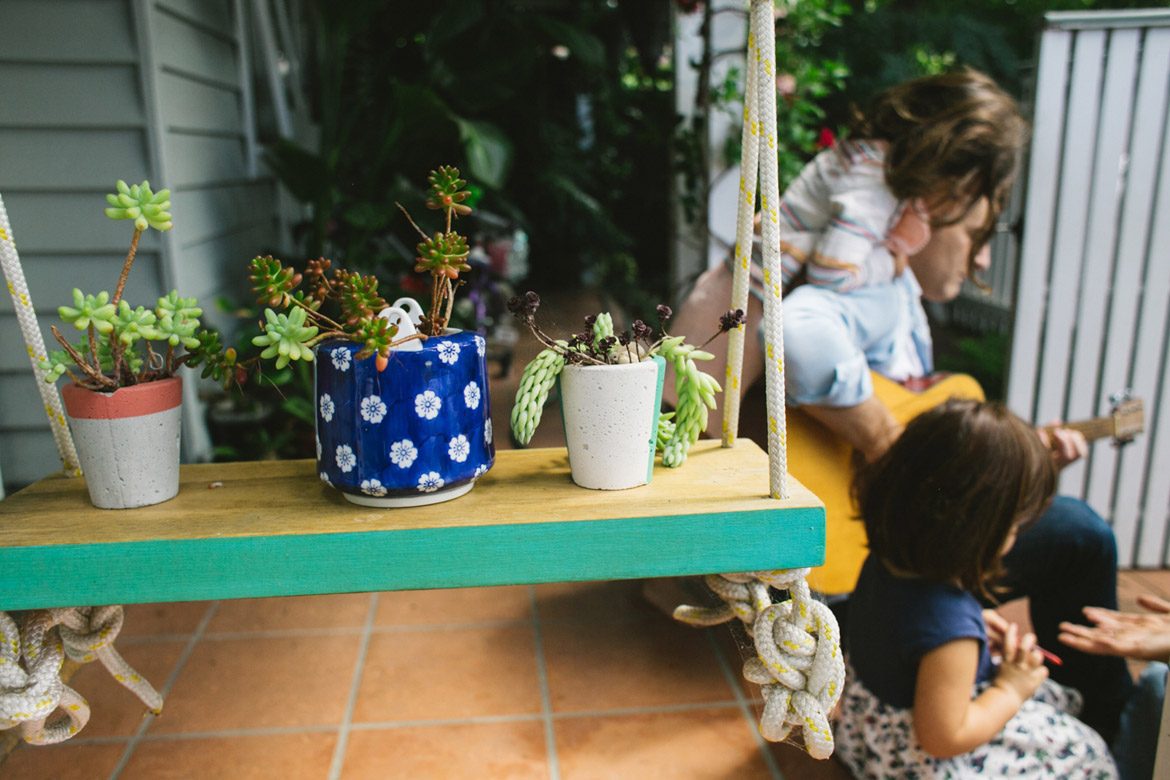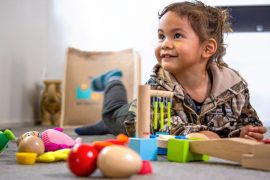By Jessica Rios
Idealism can be a blessing and a curse. To be at peace we must surrender our ideals at times rather than clinging to high dreams. Yet the imagination is a gift, and if we are in love with the human spirit – as I am – we ask ourselves which elements of society best honor the human spirit, and which do not. In this article I will leave out criticisms of school, its original design, and how it fails young humans and our future. Those critiques are not the best use of my writing. Sharing what I believe does serve life, is.
What I will assert is that all children are naturally curious. All children are born ready to learn, and homeschooling is a brilliant way to honor a child’s inherent beauty and wholeness.
Once led by religious families who wanted God to be central in their education, the homeschooling movement is now comprised largely of families who simply want their children’s learning to be natural. Less forced, more free.
Consider 30-year-old Tiffany Smith, who was homeschooled from 4th-12th grade and completed all her degrees, Associates through Doctorate, online. “My mom paved the way for child-led learning for me. She let me choose what I wanted to learn. I graduated two years early, valedictorian out of a class of 600 in our homeschooling program, then went on to achieve awards and graduate with honors for every degree. I am very grateful for my mom’s faith in me.”
On average, two hours per day are required for a homeschooled child to learn the subject matter. In school, this is found to be the actual amount of time spent learning subjects.
How about socialization? The myth that homeschooled kids are largely under-socialized is amusing to me at this point. Homeschooled kids overall do not lack social skills in contrast to schooled kids. In my experience, homeschooled kids often possess unusual levels of maturity in social scenarios, including a noted ability to interact with adults.
My own self-directed learning journey began in college when I stepped into a professor’s office in tears about something disturbing I had learned in his class. He listened attentively, said I’m not an average student and that I might want to write my own major. We opened the Course Catalog, I chose courses that were highly appealing and spoke to my strongest curiosities, and two years later I graduated with a BA in Social Ecology and Personal Ethics.
No, those two years weren’t easy. Charting a homeschooling path for our own children isn’t easy, either.
Most parents who homeschool their kids find themselves asking, every so often, Was I crazy to do this!? Yet quickly they bounce back to being 100% convinced it is the richest and most joyful educational path, worth all the time and heart, courage and vision it entails.
As with any rich topic that’s worth exploring, it’s wise to keep an open mind and trade defensiveness for curiosity. Conversations about parenting and how we educate our children can lead to divisive degrees of blame and other negative emotions and communication dynamics. School teachers and parents who feel judged or threatened by the idea or practice of homeschooling are a prime example. Yet it is possible to find teachers and parents with open minds, who accept that we don’t all need to see or choose like each other. Chances are, you will find open minds when yours, too, is open. That said, don’t expect to find these conversations easy at every turn. This is not the easy path.
I don’t want to paint an excruciatingly rough picture, and I also don’t want to portray homeschool life as “eating Bon Bons on the sofa all day”. One defensive school teacher mum voiced this remark and I mention it as a reminder that those who choose to homeschool are in the courageous minority – fast growing, yet requiring maturity to face ignorant perspectives like this, and then move on.
See next page for the rest of this article…











